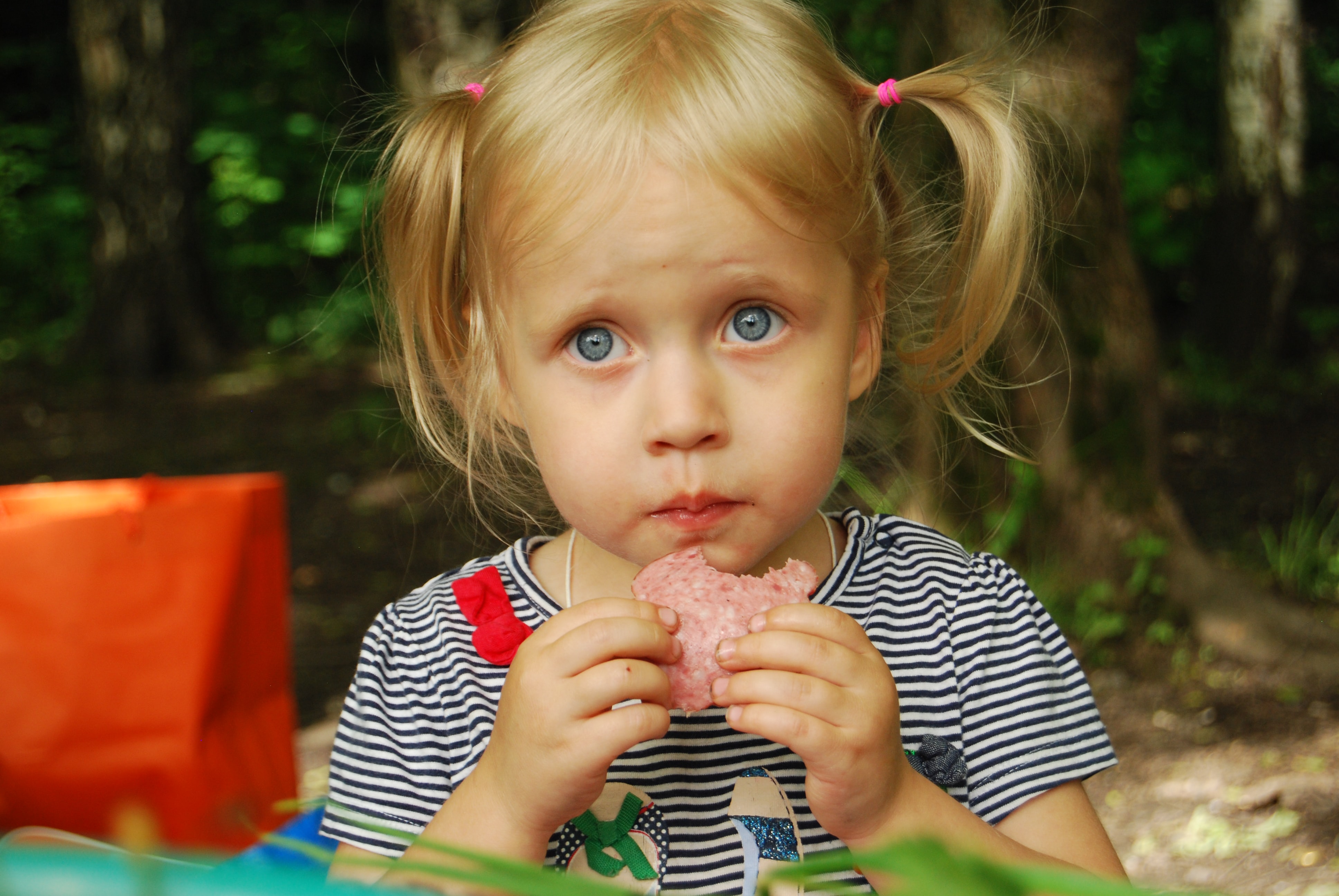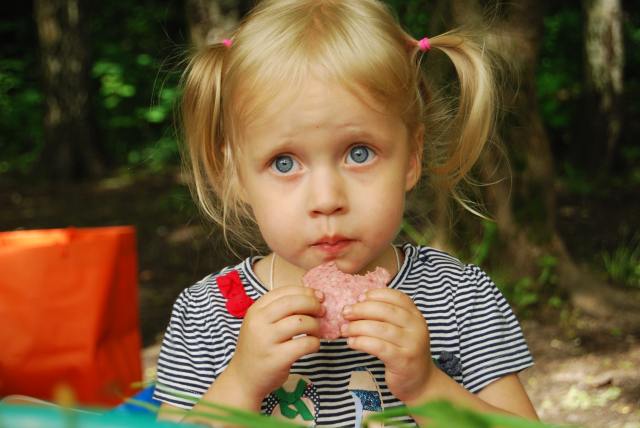
Almost universally, parents experience the ritual of teaching children to say the “magic words”: please and thank you. Many children get the idea that there is only one magic word: “please-and-thank-you.” It’s considered a triumph when children begin to use the words spontaneously.
However, the practice of calling them “magic words” seems to convey to children that if they use them, their wish will be granted. They will receive the candy, the toy, the outing, whatever is the object of their desire. This may be because the desired object is something a parent already intends to give the child. In essence, this is a bribe intended to get the child to say “please-and-thank-you.”
When the magic words don’t work—when the child is asking for something the parent is unable or unwilling to give—little Evan or Marguerite is disappointed, even upset to the point of melt-down. It’s a sad lesson in life that there really are no magic words that result in wish-fulfillment.
Instead of bribing kids into saying please and thank you, I recommend using another old standby of child-raising: The notion that children imitate adults.
But how often do children really see please and thank you, and that other essential phrase “you’re welcome,” used in the home or by parents? Manners can become a little lax when you see someone every day.
How difficult is it to say, quite naturally, “Please pass the salt” or “Please help me put away these groceries” or “Please keep the noise down. I’m going to have a nap”? And then thank the other adult when she or he complies. How often do we say, “You’re welcome” when you give someone something they have requested? And how often do we say “please” and “thank you” sarcastically, as if they shouldn’t have to be said at all?
While family life gives plenty of opportunities for demonstrating the proper way to use the magic words, so too do interactions in the outside world. How many of us remember to say “thank you” to the server who brings our food? How many forget the “please” in the simple sentence, “Please bring me a glass of water”? When thanked by a person you’ve helped in some way, do you answer, “You’re welcome” or at least “No problem,” the modern-day equivalent?
Personally, I think that the most important time to use the words, “please,” “thank you,” and “you’re welcome” is within the family. They are words of acknowledgment, appreciation, and goodwill that surely our family members deserve. If it feels weird to say these words to your partner, ask yourself why. Do you feel that less politeness is due to family members than to a stranger? I think they deserve more.
Of course, in daily interactions, it’s easy to forget saying please and thank you to someone you know so well. Their compliance is assumed, so much so that the sentence, “No, I can’t help you with the groceries” is shocking.
But that’s another thing that children need to learn—that sometimes their requests, even prefaced with the magic words, will receive a negative response. Then they have a chance to learn the words “I’m sorry,” as in “I’m sorry. I didn’t know you were on the phone” or “I’m sorry. I can’t help right now, but give me ten minutes and I will.”
My point is that please-and-thank-you aren’t magic words at all, that you’re welcome and I’m sorry should go along with them, and that using them as everyday words within your household is the best way to teach them.
After all, don’t we also say, “Children learn what they live”?











